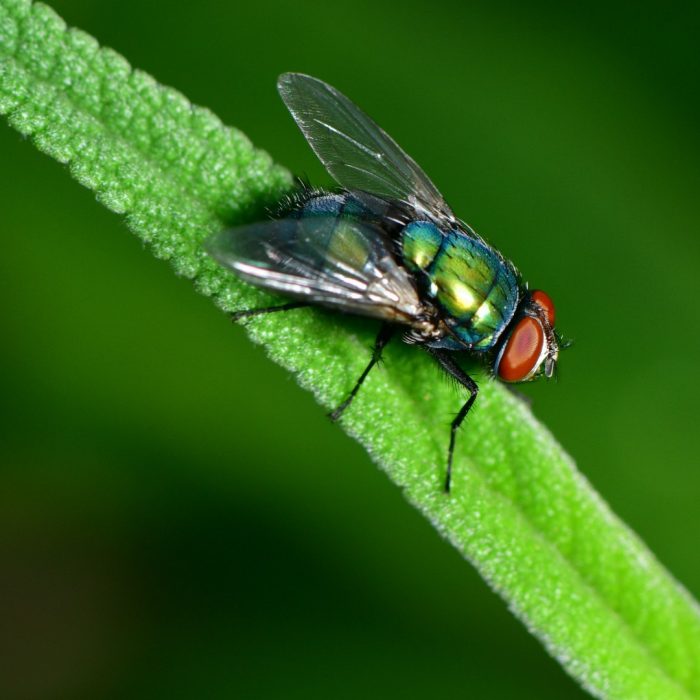Potential projects

Evolutionary Ecology of Sexual Reproduction Research Group
The following projects are based in the Brooks lab and may include cosupervision with or at UNSW or colleagues overseas. We're looking for honours and PhD students interested in evolution, ecology and/or behaviour. Our research has both laboratory and field components. We use a variety of insect and fish species that are well suited to experimental work, although opportunities exist to work on other vertebrate and invertebrate groups as well as on humans.
- Mate choice and life histories.
- Evolutionary biology of ageing and physiological performance.
- Behavioural evolution.
- The intra-genomic conflict that arises from sex-dependent selection.
- Ecological and evolutionary genetics/genomics.
- Sexual selection and sexual conflict.
- Using computer graphic animations to study human attractiveness.
- Measuring selection on complex suites of traits in any organism.
- The interaction between conservation and mating systems.
Research projects in the Bonduriansky Lab
Our research addresses several broad questions:
(1) Why do females and males differ in their traits, and what role does conflict between the sexes play in evolution?
(2) Why is it that most animals can only reproduce sexually, while a small number of species can switch between sexual and asexual modes of reproduction?
(3) How do key environmental factors such as diet influence individual development, and how are some of these environmental effects transmitted to subsequent generations?
(4) How and why do bodies deteriorate with age?
We use both established research organisms like Drosophila melanogaster and a variety of native Australian insect species in our lab- and field-based studies. We also develop new theory.
Some current projects:
- Can sexual conflict help explain why obligate sexual reproduction is so common in animals, and why the ability to switch between sexual and asexual reproductive strategies is so rare?
- Does a restricted diet prolong life in natural/stressful environments?
- How do maternal and paternal ages at breeding affect the longevity and fitness of descendants?
- How does the environment influence the pattern and rate of ageing?
Experimental Marine Ecology and Evolution
Projects in the laboratory of Prof. Alistair Poore and Prof. Emma Johnston involve the use of manipulative experiments to understand ecological and evolutionary processes in marine ecosystems. We're interested in supervising students that have interests in marine ecology, evolution, toxicology and environmental impacts.
- Evolutionary ecotoxicology 1: How do animals adapt to toxicants?
- Evolutionary ecotoxicology 2: How does contamination affect sexual dimorphism?
- Effects of habitat change on biodiversity.
- Nutritional ecology of marine herbivores.
- How much damage can a plant tolerate?
(with Steve Bonser) - How does plant structure affect animal communities?
- Contemporary ecological threats from historical pollution events.
- Invasion resistance: assessing the role of disturbance and diversity.
Research Projects in Behaviour and Evolution
There are a number of projects available with Terry Ord. Topics include the evolution of animal communication, behavioural adaptations to major ecological transitions, genetic differentiation and 'neutral' change in behaviour, the role of phenotypic plasticity in macroevolution and others.
Eco-Stats Research Group
The Eco-Stats Research Group is a team of statistics researchers and students led by David Warton, who specialises in ecological statistics — improving the methods for making use of data to answer research questions commonly asked in ecology.
We evaluate existing methodologies, explore the application of modern methods that are essentially unknown to ecologists, and where needed we develop entirely new statistical methodology, with an emphasis on model-based approaches (which are usually easier to interpret and which often have optimality properties).
- Community-level modelling of presence-only data.
- Modelling inter-species correlation.
- Testing for trait-environment association.
- Finite mixture modelling and ecological applications.
For further details go to www.eco-stats.unsw.edu.au.
